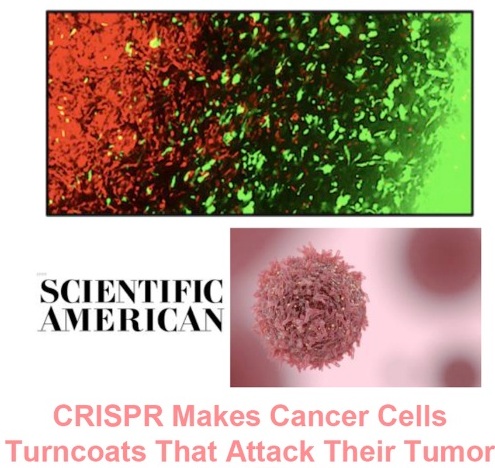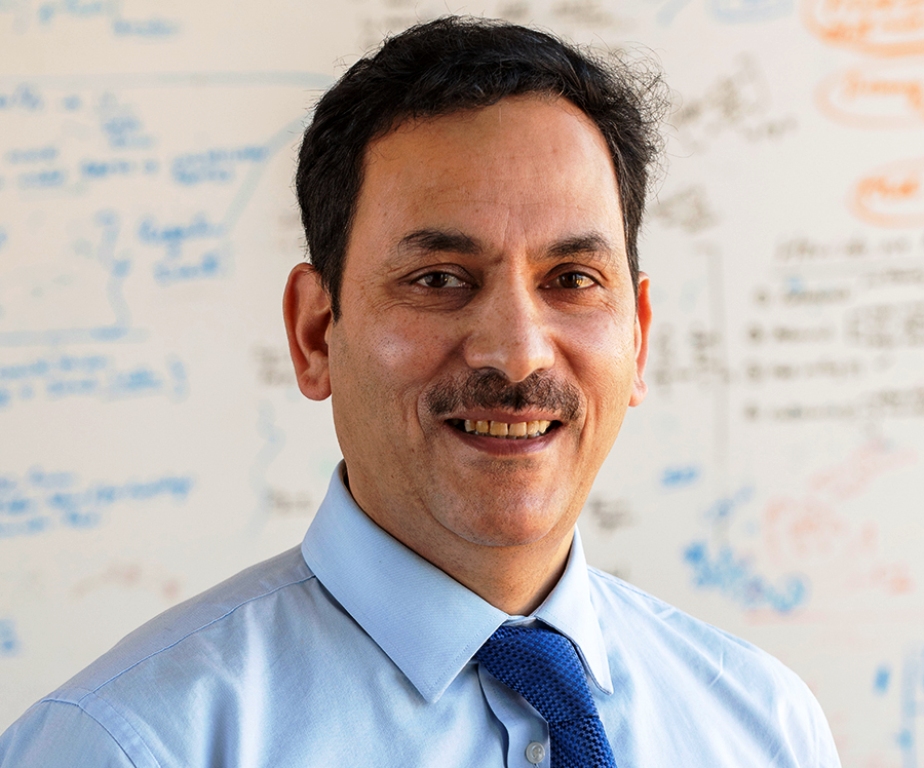SRINAGAR: In the just concluded World Medical Innovation Forum, the 12 medical emerging gene and cell therapy (GCT) that were featured included one piloted by Kashmir scientist, Dr Khalid Shah. These technologies termed “Disruptive Dozen” have “the greatest potential to impact health care in the next few years”.

Dr Shah’s therapy revolves round Glioblastoma, the most common type of brain cancer in adults that kills most patients within 12 to 18 months of diagnosis. His therapy involves repurposing tumour cells to undo a particular brain tumour.
Dr Shah’s novel cell therapy approach capitalizes on cancer cells’ self-homing ability – the process in which cancer cells can track the cells of their kind that have spread within the same organ or to other parts of the body. Harnessing this power could overcome drug delivery challenges, helping get therapeutics to tumour sites that may otherwise be difficult to reach. The team developed and tested two techniques to harness the power of cancer cells. The “off the shelf” technique used pre-engineered tumour cells that would need to be matched to a patient’s HLA phenotype (essentially, a person’s immune fingerprint). The “autologous” approach used CRISPR technology to edit the genome of a patient’s cancer cells and insert therapeutic molecules. These cells could then be transferred back into the patient.
Dr Shah is a Kashmiri scientist currently Vice Chairman of Research at Harvard Medical School and Directs Centre for Stem Cell Therapeutics and Imaging also a joint Centre of Excellence in Biomedicine. He is also Principal Faculty at Harvard Stem Cell Institute in Boston. The event that featured his therapy was the sixth annual “Disruptive Dozen,” event.

The featured research has acknowledged his team’s success in “developing experimental models to understand basic cancer biology and therapeutic cell types for cancer” and the relevant studies have already been published in a number of very high impact journals like Nature Neuroscience, Cell, Science, PNAS, Nature Reviews Cancer, JNCI and Lancet Oncology. It has already been featured by BBC and CNN.
“Recently, Dr Shah and his team has reverse-engineered cancer cells using CRISPR/Cas9 technology and utilized them as therapeutics to treat cancer,” the event managers said. “This work was published in journal Science Translational Medicine and highlighted worldwide including features on Scientific American, New York Times and NPR. Amongst Dr Shah’s published works are two books featuring groundbreaking insights into stem cell therapies for cancer, Stem Cell Therapeutics for Cancer (Wiley-Blackwell), and Mesenchymal Stem Cells in Cancer Therapy (Elsevier).”
The potential of developing novel cancer therapies by Dr Shah and his team has been recognized by many cancer alliances and associations. “Based on this, he has received the young investigator award from Alliance for cancer gene therapy (ACGT), Research fellow award from American Cancer Society (ACS), Distinguished research award from Academy of Radiology and Innovation awards from James McDonnell Foundation, American Brain Tumour Association (ABTA) and Goldhirsh foundation. Recently he has received Idea and Impact awards for his work on treating metastatic brain tumours. Dr Shah has often been invited to serve as a grant reviewer for the NIH and has reviewed applications to granting agencies in the US, Australia, and the United Kingdom, such as the European Science Foundation, the Welcome Trust, the Samantha Dickson Brain Tumour Trust, and California Institute of Regenerative Medicine. Additionally, Dr Shah has participated in the training of numerous undergraduate, graduate students and residents who have come from across the US and from 45 foreign countries. He has also received many awards for his mentorship including the Young Mentor Award from Harvard University,” it added.
Dr Shah holds current positions on numerous councils, advisory and editorial boards in the fields of Cell therapy and Oncology. He has presented his findings for more than 300 academic seminars worldwide and in recent years has given various keynote lectures on Innovation and Translation of biological therapies. Dr Shah currently holds more than 10 patents and he has founded two biotech companies whose main objective is the clinical translation of therapeutic cells in cancer patients.















